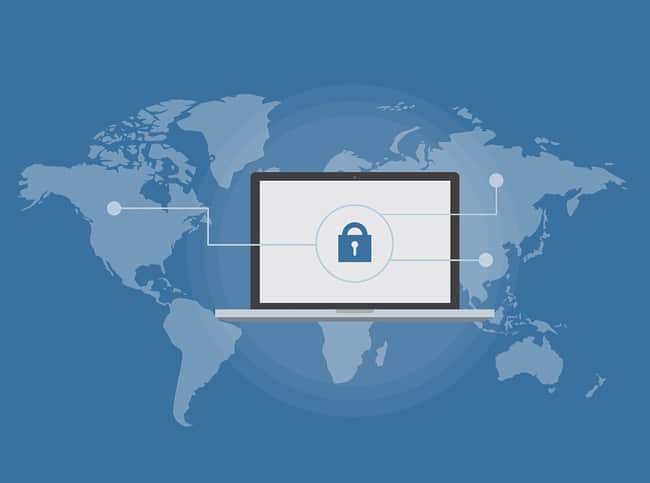Everyone can benefit from a virtual private network, or VPN. VPNs are useful tools for protecting devices and data. As a buffer between a user and the internet, a VPN shields a user from any entity trying to collect data, from nosy websites like Facebook to malicious hackers to internet service providers and even governments. Thus, VPNs have become popular with remote workers, businesses and even average, everyday digital device users.
Yet, not all VPNs are the same. In fact, there are three discrete types of VPN for users to choose from:
Remote Access VPNs
By far the most popular type of VPN, remote access VPNs allow users to connect to a remote server to access a private network. Using any internet connection anywhere in the world, users can reach their remote network to encrypt their online activity and keep their data and devices safe.
Remote access VPNs are so popular because they are essentially hassle-free. Users download and install the application that allows them to log onto their VPN, and then they can access their VPN from anywhere at any time. Remote access VPNs do not require any level of tech-savvy, so beginners and veterans alike can rely on them for browsing safety. What’s more, because remote access VPNs are so easy to set up and use — and because they allow a large number of users to rely on the same server resources — this type of VPN tends to be among the most affordable, with low monthly rates for users.
The one potential downside of a remote access VPN is that it can drastically reduce internet speeds. Because a user’s device must connect first to the VPN network before reaching the web, overloaded servers can slow page load times to a crawl. Thus, it is imperative that users invest in a high speed VPN if they want the convenience of remote access.
Intranet-based Site-to-Site VPNs
An intranet is a restricted network that only certain users have access to, and site-to-site VPNs allow users to connect to one another’s devices to gain access to each other’s resources. Intranet-based, site-to-site VPNs are ideal for organizations looking to bring together remote workers or offices in different corners of the world. Using this type of VPN, a business can securely share information and resources between, for example, a London branch and a Los Angeles branch as well as between remote employees in Melbourne or Seoul.
However, home users might need to take advantage of a site-to-site VPN as well. If a home user is working for a company that requires a shared network, a site-to-site VPN is key. Then again, any time a home user is regularly coordinating with other home users, an intranet-based VPN can be a valuable tool. As with a remote access VPN, an intranet-based site-to-site VPN will keep data transmitted on the network encrypted, protecting everyone as they share resources with one another.
Extranet-based Site-to-Site VPNs
Another type of site-to-site VPN is the extranet-based model, which allows users to connect two separate intranets together on a single VPN. Corporations might make use of an extranet-based site-to-site VPN when they are working with external entities, like contractors or separate companies. All involved entities can work together on a shared network, but they don’t have access to all the data and resources available on the other party’s servers. Direct access to the other parties is restricted, which allows everyone to feel safe while working toward a common goal.
Home users might use an extranet-based site-to-site VPN for the similar reasons to using an intranet-based site-to-site VPN: doing remote work or coordinating with like-minded home users. Often, extranet VPNs take the place of outdated and insecure modes of sharing information, like fax or snail mail. Unlike these other methods, a VPN is secure and fast, so home users can save time and avoid worry when sending sensitive information outside their network.
The virtual private network is the security tool of tomorrow, but thankfully, it is available to home users today. By encrypting the entirety of a home user’s data, a VPN keeps that user safe from most online threats. As cybercrime intensifies, the more a home user can do to protect their home network, devices and data, the better.


























